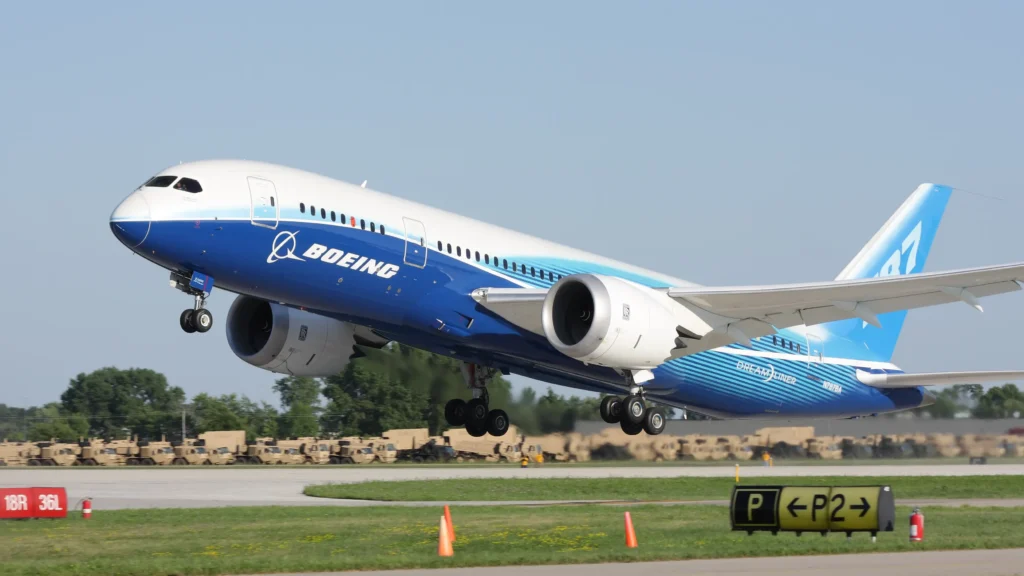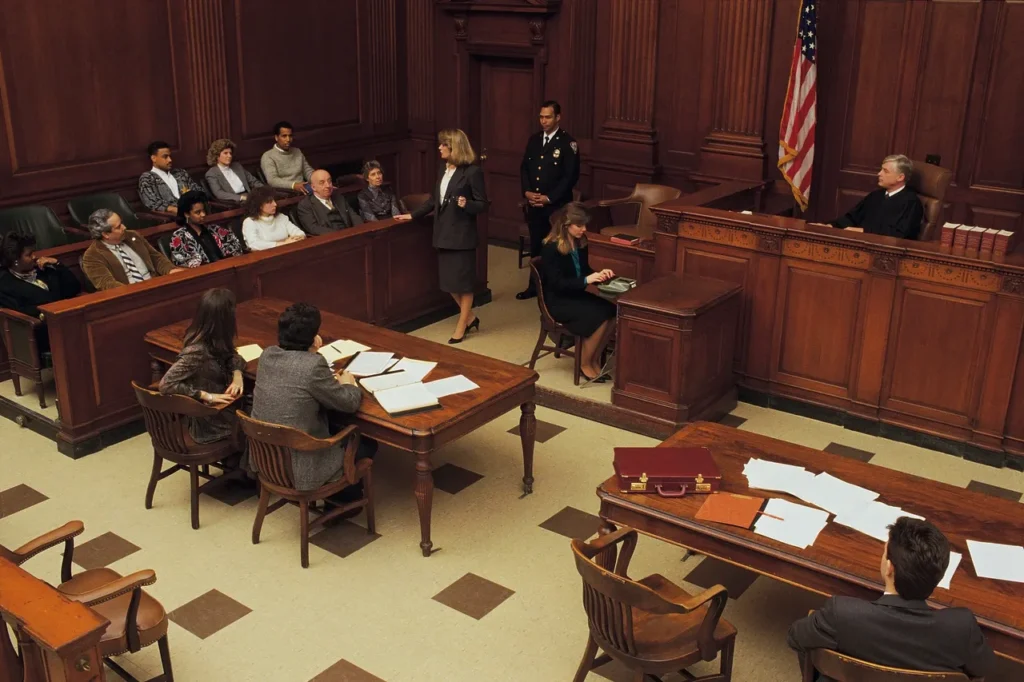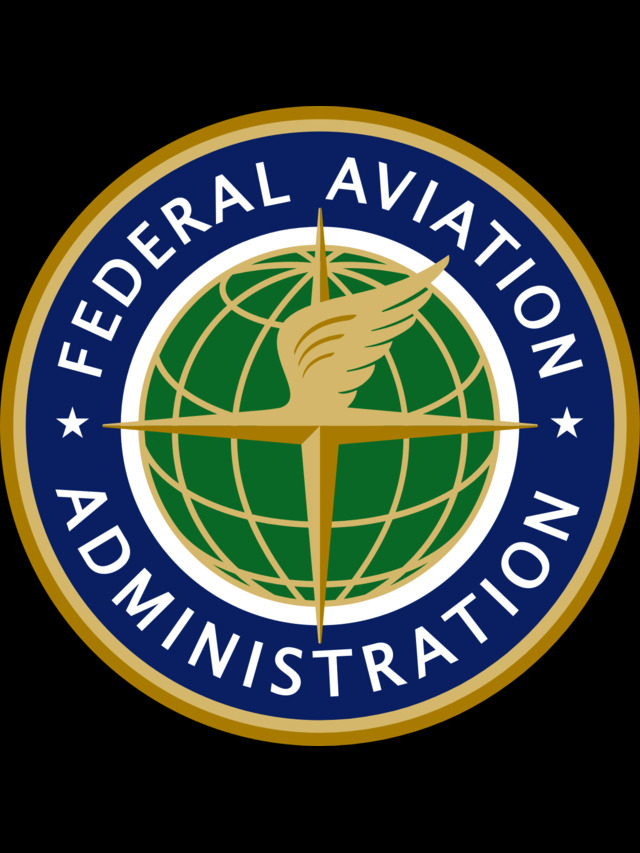Introduction
John Barnett, a former Boeing employee with 32 years of service, was found dead on March 9, 2024, amidst his involvement in a whistleblower lawsuit against Boeing. His death, ruled as “self-inflicted,” sheds light on the challenges faced by whistleblowers in the aviation industry, particularly concerning safety standards.

Barnett’s Allegations
Barnett had raised concerns about production standards and safety issues at Boeing’s North Charleston plant, where he worked as a quality manager. He highlighted instances of sub-standard parts being fitted to aircraft, rushed assembly processes, and compromised safety standards, including issues with oxygen systems.

Legal Battles and Personal Struggles
After retiring in 2017, Barnett pursued legal action against Boeing, accusing the company of denigrating his character and impeding his career advancement. His family revealed that Barnett suffered from post-traumatic stress disorder and anxiety attacks due to the hostile work environment at Boeing. Barnett’s case against Boeing was scheduled for trial in June, reflecting his determination to compel the company to change its culture.

Industry Scrutiny and Regulatory Issues
Barnett’s death occurred amidst broader scrutiny of Boeing’s production standards and safety practices. Recent incidents, including emergency exit door malfunctions and mid-air events involving Dreamliners, have heightened concerns about Boeing’s aircraft safety. Regulatory investigations have identified non-compliance issues and shortcomings in Boeing’s safety culture.

Legacy and Continuing Challenges
Barnett’s passing underscores the challenges faced by whistleblowers in the aviation industry. His efforts to uphold safety standards serve as a reminder of the importance of accountability and transparency in aircraft manufacturing. As investigations continue and legal proceedings unfold, the aviation industry must prioritize safety and address the concerns raised by whistleblowers like Barnett.

Conclusion
The tragic loss of John Barnett represents a somber reminder of the risks whistleblowers undertake to ensure safety and accountability within the aviation industry. As the industry grapples with ongoing scrutiny and regulatory challenges, the legacy of individuals like Barnett serves as a catalyst for positive change. Moving forward, it is imperative for the aviation industry to uphold the highest standards of safety and integrity, honoring the memory and contributions of whistleblowers like John Barnett.

